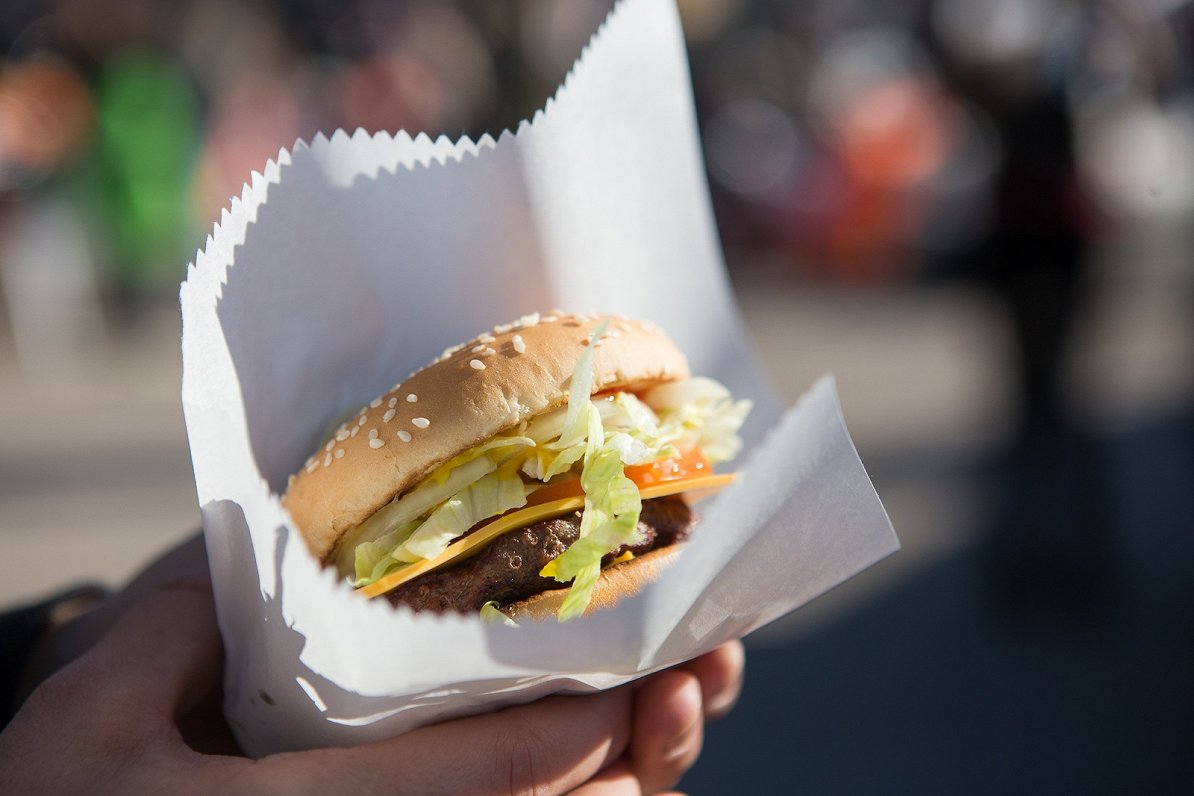The surveyed entrepreneurs mentioned that main obstacles are red tape and the large investments needed to create such trucks.
Crepes Cafe has owned a food truck for several years now. Spokesman Māris Višinskis said that before the pandemic they went on tours - to festivals, markets.
"When there are some organized events, – festivals, markets or anything, the arrangements are very simplified. The organizer of the event shall co-ordinate everything in the municipality, so that there is nothing to be done separately by each caterer,” Višinskis said.
Outside of events, red tape is more complicated. Food trucks are not as mobile as they should be by definition. The fact that a kitchen is set up in a trailer doesn't necessarily mean it can stop anywhere and sell.
Arrangements must be made for each place where the merchant intends to stop with the truck. There must also be a lease agreement with the owner of the land in question.
“You can't go in the historic center of Riga, because there are old rules from when all street trade was in ugly tents, objects, but now there's a different time. Many have built mobile cafes on wheels. They are modern and visually appealing,” VIšinskis said.
However, the rules are unchanged, and the time of the pandemic has not encouraged Rīga municipalities to change the strict requirements.
Jūrmala restaurant 36. līnija tried something new during the pandemic and parked its food truck at the Spice mall. The restaurant's chef and owner, Lauris Aleksejevs, told Latvian Radio that they had owned the truck but it hadn't been used for about three or four years. The restrictions on restaurants meant something had to be done.
“We realized we had to put the trailer to use and try street sales. Each venue has its own permission (..) I have a contract with Spice, but I can also enter into an agreement with another site manager, and I can be there one day and the other day elsewhere,” said Aleksejevs. He said the process of coordination with the municipality is relatively smooth. However, “this is not one day's issue. Financial contributions are also needed. It is also necessary to equip this trailer in accordance with all the requirements. But I think a lot of those who chose not to do it were hoping that restaurants could be opened more quickly.”
The chef of the restaurant Entresols, Raimonds Zommers, works with his team in such a mobile restaurant during the pandemic in Kuldīga.
In his opinion, only those merchants who already had trucks can do so at this time, because it is necessary to purchase it and invest a lot of money, between EUR 30 to 80 thousand, which the caterers are unable to do during the crisis. Zommers said that the food truck is unfortunately a limited solution.
“It sounds cool, three hours in one place, three hours in another. The law does not allow it. A whole procedure needs to be followed so that it can be arranged. The obstacles are big enough for us to go to several places and make meals like this. In principle, it is near impossible. The smaller you are, the sooner your hands are tied - you have to cook yourself, trade yourself, make accounts yourself, and all the arrangement nightmare. It is clear that it has not been made easier for us. You can't earn in street sales. It's just an existence, a feel that someone still needs your food,” Zommers said.
Rīga municipality spokeswoman Laine Rodziņa said that during the pandemic the interest from merchants in street sales is not much higher than in other years. And most often, caterers choose one place to park a truck.
“There have been no applications for such mobile trucks. This type of trade does not exist at this time, that it is possible to trade without arranging these stop points. It must be understood where the vehicle will stop or whether it will interfere with any other functions of the city. That it will not hide a relevant site, road sign, building,” said Rodziņa.
She said that the idea is looked at skeptically both by the construction board and the transport department, that they "might come up with some proposals in the future to ease the arrangements", but no concrete proposals have yet been made.



























